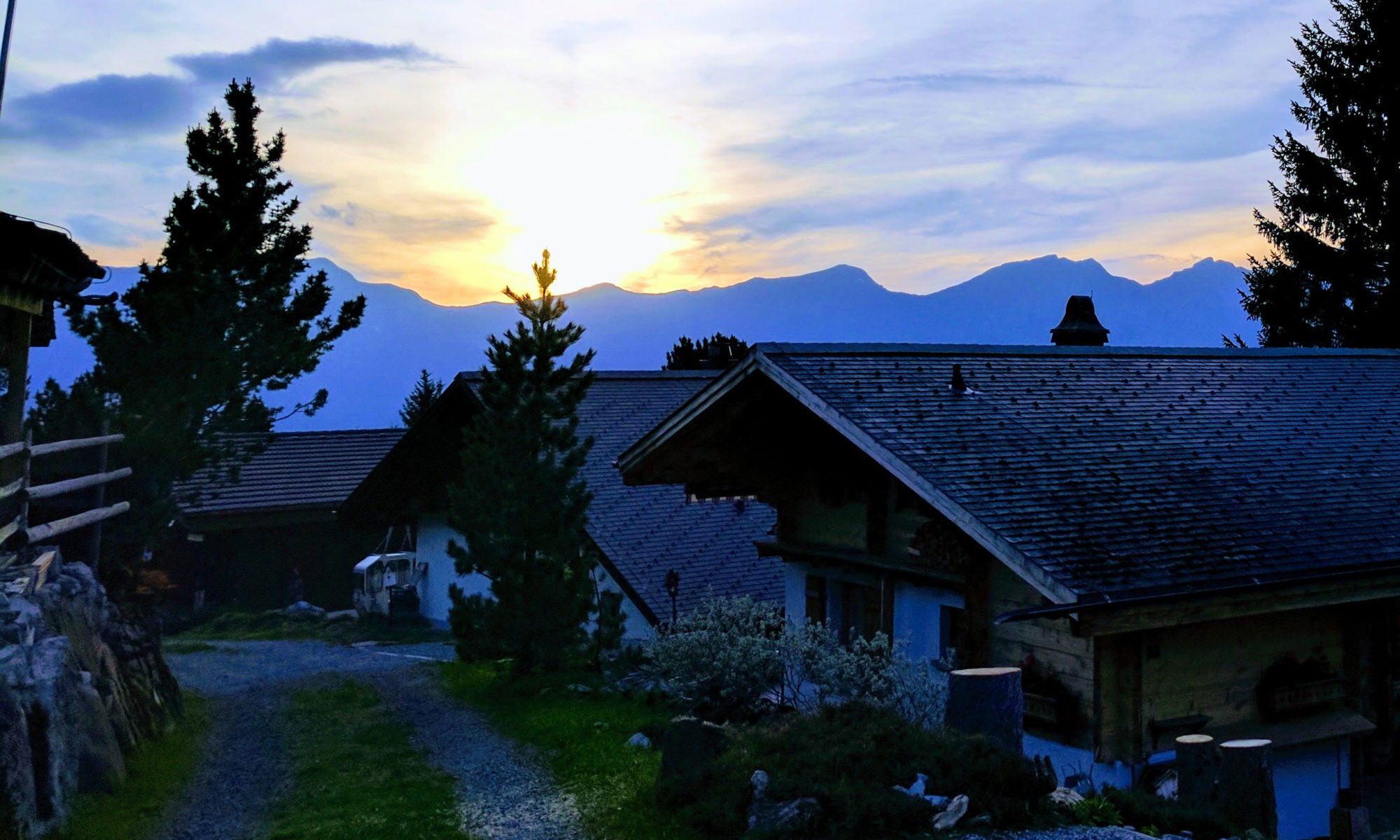
Once in a while, you run into a book you know you’ll cherish for the rest of your life. A book which speaks to you, which feels more like a conversation than a storytelling, which makes you feel like you’ve known someone through its pages more intimately than you could have through any conversation. Only in this case, that someone was just another black living in America. Only, this is the first time I have heard the story from the other side – the story I could only watch on news from halfway across the world.
I believe that this book needs to be read. Because we are so used to single sources of information, articles squeezed into the familiar pattern, audience oriented news pieces, that we forget to think, to feel, to understand. We overlook. We forget. We pretend ignorance. We instinctively distance ourselves from topics too difficult to talk about because we believe we are too caught up chasing our own dreams.
Out of all this book leaves me with, there is a strong respect for Ta-Nehisi Coates, and it is not just because he confronts the daily dread of being black in America and scribbles it down for other people to understand, but because of the way he does it, his reasoning, the pain, helplessness, rage, frustration resonating in every sentence which tries to answer the one question that any bystander or victim of such pointless violence is left reeling in – why – a question which the assailant cannot understand.
Coates’ account is at once fascinating, revolting and heartbreaking – fascinating because of his analysis, his compelling theory of what drives this blind violence, this feigned ignorance and abject disparity; revolting because it reveals to you all the forms that violence can take and heartbreaking because of the way Coates puts it into words and because of the unfairness of it all.
There is so much that this book has conveyed to me which I had no way of knowing from elsewhere, that I am scared of translating it into my own words lest I should alter the meaning in any way. Because these thoughts are Coates’ own and he must be the one to tell you about them. Here is a bit of an excerpt.
Slavery is not an indefinable mass of flesh. It is a particular, specific enslaved woman, whose mind is active as your own, whose range of feeling is as vast as your own; who prefers the way the light falls in one particular spot in the woods, who enjoys fishing where the water eddies in a nearby stream, who loves her mother in her own complicated way, thinks her sister talks too loud, has a favorite cousin, a favorite season, who excels at dressmaking and knows, inside herself, that she is as intelligent and capable as anyone. “Slavery” is this same woman born in a world that loudly proclaims its love of freedom and inscribes this love in its essential texts, a world in which these same professors hold this woman a slave, hold her mother a slave, her father a slave, her daughter a slave, and when this woman peers back into the generations all she sees is the enslaved. She can hope for more. She can imagine some future for her grandchildren. But when she dies, the world – which is really the only world she can ever know – ends. For this woman, enslavement is not a parable. It is damnation. It is the never-ending night. And the length of that night is most of our history. Never forget that we were enslaved in this country longer than we have been free. Never forget that for 250 years black people were born into chains – whole generations followed by more generations who knew nothing but chains.
I couldn’t help thinking about Macklemore’s song White Privilege II at more than one point. I remember reading somewhere that it is a small book, easy to read in a few sittings, but for me, it is one of the heaviest I have ever read.




